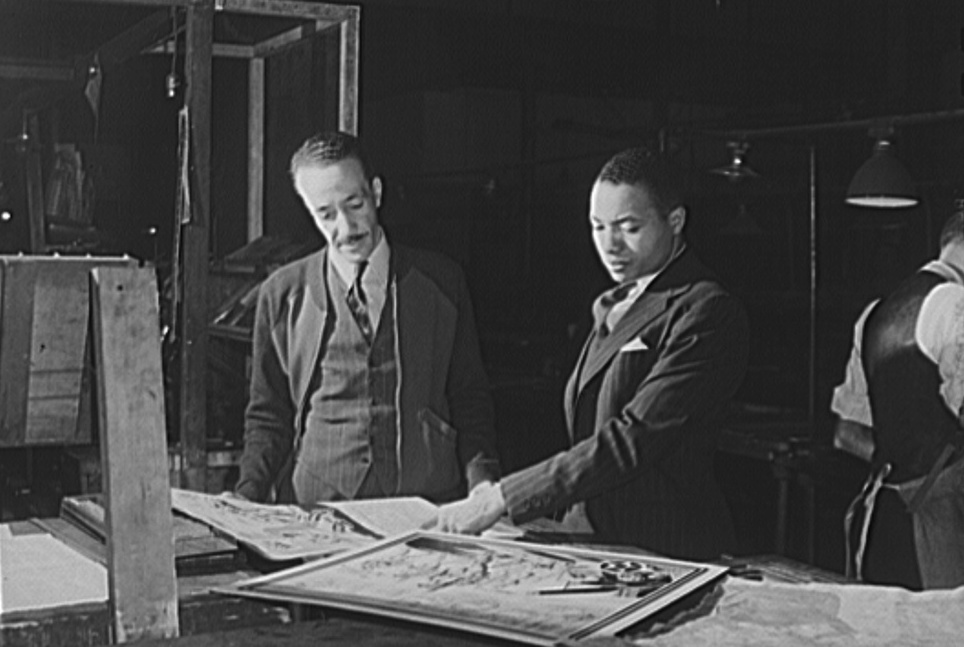 Through my work in and with various agencies over past decade or more I’ve noticed a problematic trend: a confusion between who is a client and who is a customer. Businesses should keep in mind that each relationship requires a different point-of-view. This is most critical when looking for a new vendor.
Through my work in and with various agencies over past decade or more I’ve noticed a problematic trend: a confusion between who is a client and who is a customer. Businesses should keep in mind that each relationship requires a different point-of-view. This is most critical when looking for a new vendor.
No, you’re not partners.
I don’t like the term “partner” for client relationships, even though you’ll find that type of language on almost every agency or consulting website. A partnership suggests shared risk of shared assets. In other words, actual partners are on the same boat. Plus, a partnership also suggests a certain type of equality that shouldn’t be present in a client relationship. You should be better at your business than your vendor. Conversely, your vendor should be better than you at their discipline. It may be complementary, but it’s not equal.
Clients require more participation
The real intent of the word “partnership” is to imply collaboration, but you don’t need to be partners to collaborate. The behavioral health system Centerstone uses the term “client” instead of “patient” to refer to anyone receiving services at their clinics. The VP of Corporate Communications at Centerstone, Natalie Stone, explains this is because, “…we expect our clients to actively participate in their own care. They need to be invested to succeed.” Active participation and personal investment of the business are key aspects of a client relationship.
Customers purchase a commodity, clients purchase expertise.
Even though the terms are sometimes used interchangeably, I operate with the idea that customers are purchasing a physical good or some sort of scalable commodity (even if it’s media time). Whereas clients are generally getting a softer service of advice or counsel. This means that a customer-based relationship will likely involve sustaining activities like inventory planning, reorders, shipping, monitoring, etc. Client-based relationships generally involve originating activities like developing new strategies, new marketing campaigns or even developing a legal case. (You can dig into that sustaining/originating concept more in my article on these concepts).
How to find and work with a provider as a client
Be sure to investigate their specific areas of expertise. Their areas of expertise should be few and deep. The same may go for their focus on a particular industry. Remember, they need to be decidedly better at it than you, not just a convenient place to get it.
Check for thought-leadership. Customer-based vendors may also have this, but a client-based vendor should definitely have it. And this content should reveal how they think so you can decide if they’re a good fit.
Review their personnel mix. It’s easy to go to the portfolio or case studies first. Though, looking at the roles they have in the company will give you great insight into their priorities and how they’re likely to serve you. If they claim to be masters of design but have 20 developers and only one designer, maybe keep looking.
Approach with problems, not lists.
A true client-based vendor should be more comfortable with problem solving than order filling. Look for vendors who are willing to design services around your problems rather than attempt to fit your problems into a box of their pre-determined offerings.
Recognize where services are mixed.
Many vendors may offer both commodities and knowledge-based services. This is where the relationships get complicated. The activities needed to develop a marketing campaign (client relationship) are quite different from those needed to purchase, monitor and measure the media placements for that campaign (customer relationship). Vendors focused on delivery of knowledge-based services might struggle when delivering on commodities and vice versa.
The distinction between customers and clients may seem esoteric. Though, being prepared to engage with your vendor with the right mindset and activities while expecting them to do the same will make each type of relationship go much smoother.
To get a better sense of how to create a strategy to foster the best business relationships consider one of my service offerings.
